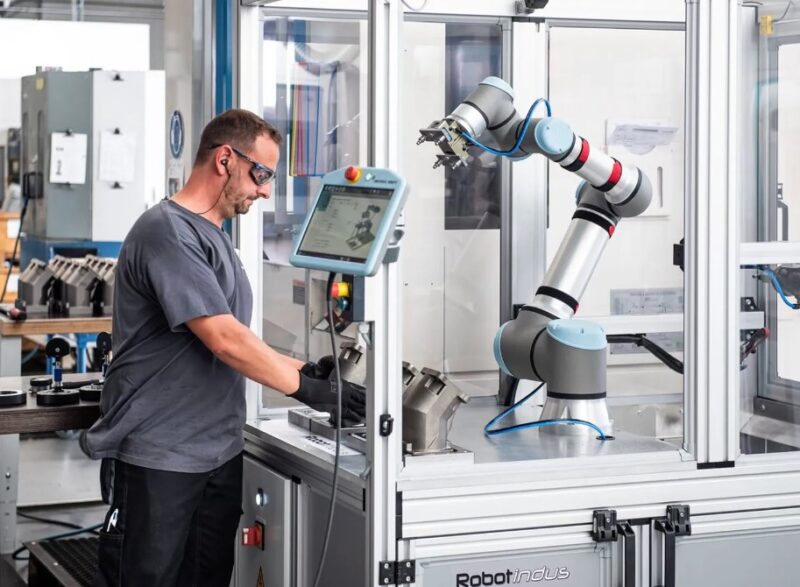Sometimes proving paternity is a challenge, as the assumed father is missing for the DNA test or is not willing to give a DNA sample. Fortunately, in the absence of a supposed father, the lab can help you by using grandparents’ DNA specimens to establish paternity.
In the grandparent DNA testing, the relation between the child and paternal grandparents get revealed, which in turn helps to prove if the assumed father is not excluded or excluded. Maternal or paternal grandparents’ DNA analysis can be used legally for the immigration process when relevant relationship documents are not available.
Reasons for grandparent testing
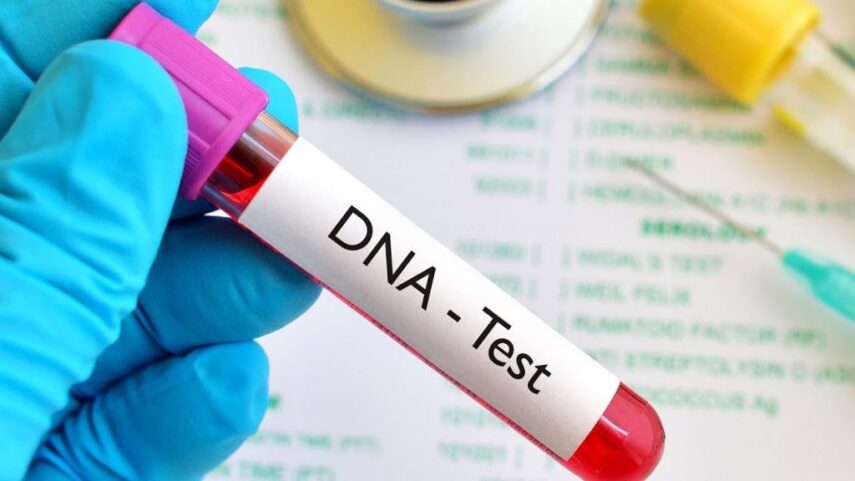
Grandparent paternity test determines whether the child belongs to their family or not. It is conducted for several legal reasons
- For Immigration, when the father is missing
- For insurance and inheritance claims, when the father’s name is not on the birth certificate
- For health worries
- For custody problems
- For ancestry concerns
- Questionable child paternity
- Peace of mind
Can grandparents initiate a paternity DNA test?
At times, it is challenging to establish paternity. So, grandparents initiate the test of their grandchild because of doubts. They desire to establish the point before any issues pop up. Being a grandparent needs financial and emotional support for years, and if there is a paternity issue of a grandchild they desire to know. Besides peace of mind, the grandparents may have a legal reason to check, whether the biological relationship is authentic or not.
Usually, the child’s mother initiates the analysis process, and potential grandparents participate. However, the extended family including the grandparents and the siblings get significantly affected by the results along with the parents. It is an overlooked aspect.
Is it better to involve a single or both grandparents for testing?
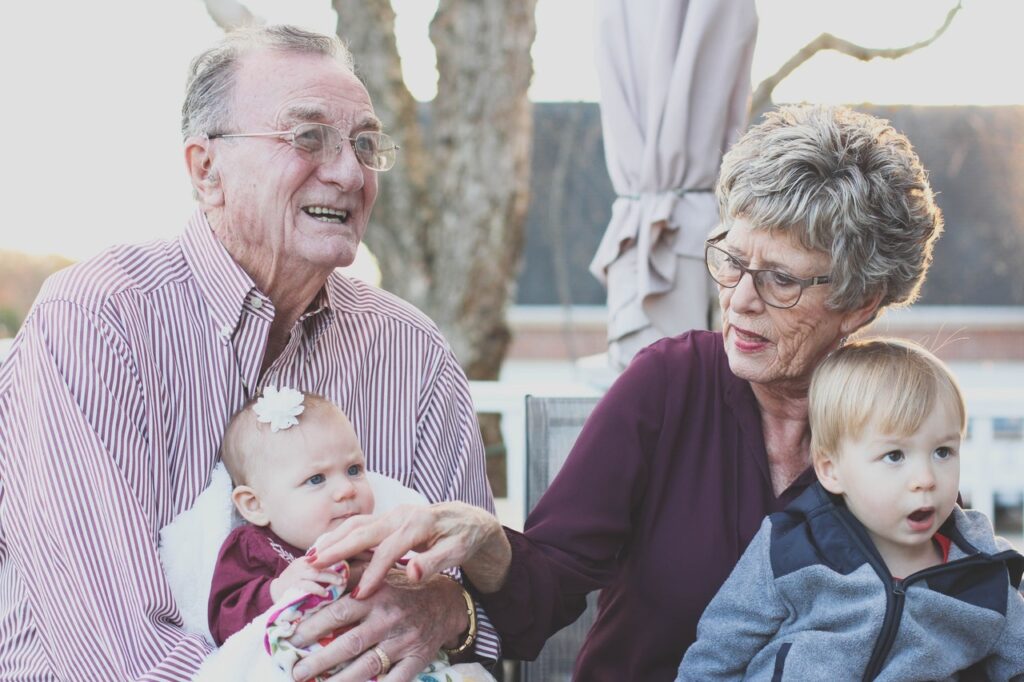
Testing a single grandparent possibly gives inconclusive results. PaternityUSA always tests both grandparents [maternal and paternal] along with the biological mother’s specimen. However, some labs don’t need mother’s sample, but it helps in getting more accurate results.
Bear in mind, that the result may be negative indicating, no relationship when it actually does. Such a situation occurs when the child inherits DNA from the alleged father originating from grandparents who are not tested. Therefore it is wise to involve both grandparents for paternity testing. It offers the lab technicians a comprehensive view.
What to do if only paternal grandfather is available for the testing?
If the child is a boy and there is only a paternal grandfather available, then choose the Y-chromosome test. It helps to determine if two men come from the same lineage of males. The Y-chromosome gets passed from one male to another and from one generation to another. If there is a direct male ancestry between both participants, then comparing their Y-chromosome profile helps.
There has to be no involvement of other male relatives in fathering the child because the grandfather’s male descendants carry the same Y chromosome. Remember, Y-DNA gets passed only to their sons and not daughters.
How much DNA percentage you share with each grandparent?
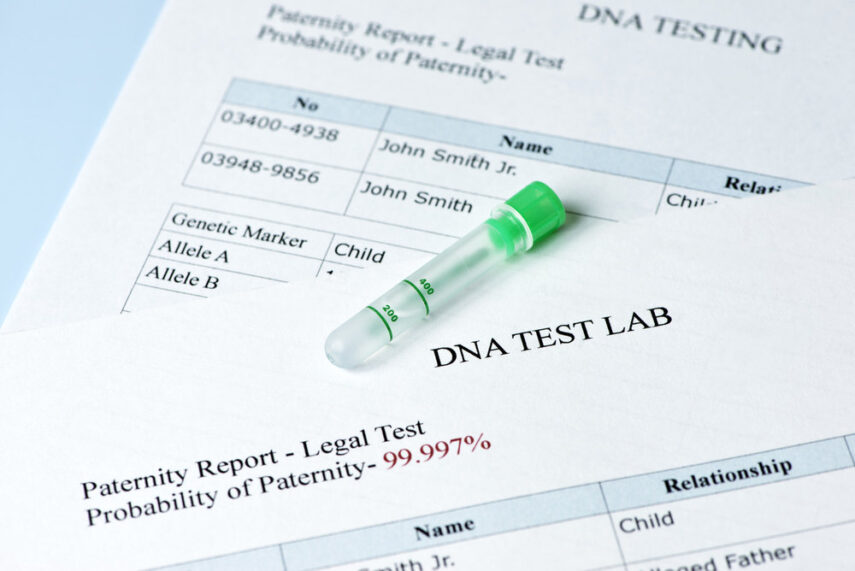
To understand the answer to this question you need to get familiar with genetics. A child gets conceived with 50% DNA from the father and 50% from the mother. It seems odd that you will not share 25% DNA from both-side grandparents. A family tree will suggest you get 25% from paternal and maternal grandparents, but genetics tell a different story. There are 23 chromosome pairs in humans.
One pair of sex chromosomes and 22 autosomal pairs.
Men have 1 X & 1 Y chromosome
Women have 2 X chromosomes
What percentage gets passed down from grandparents and parents is virtuously a matter of chance. The exact DNA amount that gets passed is genetic recombination. It means DNA is not modestly from a single grandparent, so things get complicated.
During cell division triggered between sperm and egg, the chromosomes exchange details, thus hybrids get formed. Therefore you have genetic offerings from each grandparent, but the main question is ……what is the probability? The probability you can expect is around 25% of DNA from each grandparent.
How does the grandparent test get conducted?
You can order the grandparent DNA test kit because of the following reasons.
It is simple and convenient. Anyone can collect DNA using a swab.
The collection of the sample is painless. Just brush the swab gently inside the cheek.
You can transport the swab samples with ease in a sterile and sealed kit.
The results of swab samples are 99.9% accurate, just like the blood samples.
The test kit has a swab set for three people. You need to seal them after collecting the specimen as instructed. As soon as the Paternity USA lab receives the samples, you can expect to get the reports in a week.
How accurate is the grandparent DNA testing?
The DNA testing between grandparents is 100% accurate, according to expert geneticists. They recommend that even the child’s mother take part along with the grandparents for increasing results conclusiveness. The alleged grandchild inherits 50% DNA from his/her mother and father.
When the mother involves in the test, the inherited DNA from her gets removed from her child’s genetic profile. The lab technicians get isolated DNA, which makes it easy for them to identify the missing father’s DNA.
If both alleged grandparents participate, the profiles are blended to recreate the missing father’s comprehensive genetic profile.
What is the AABB standard for DNA testing?
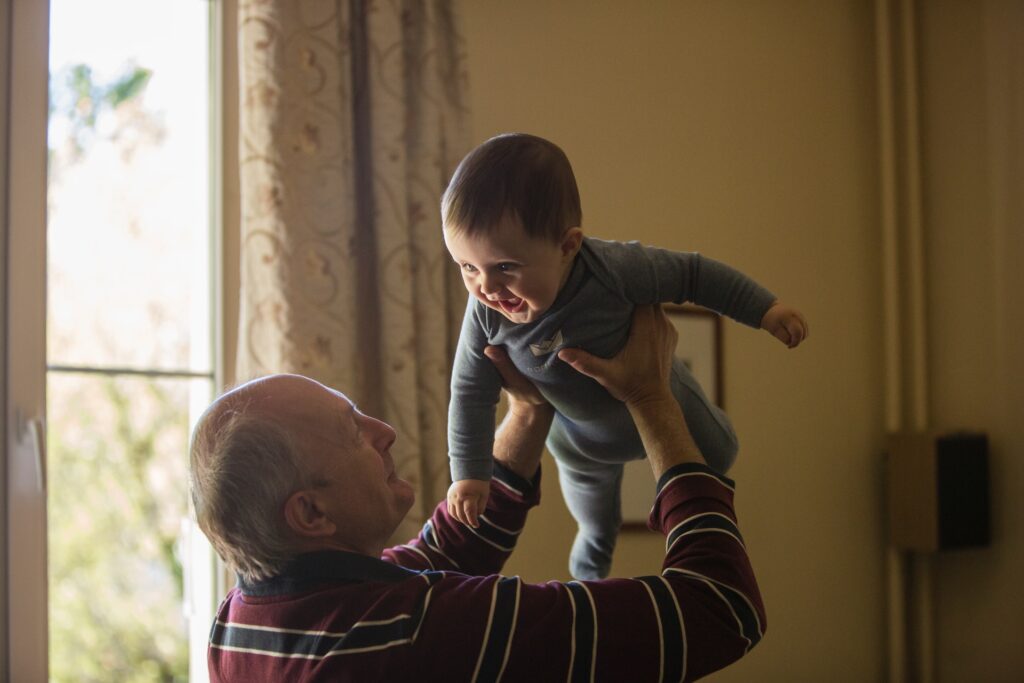
AABB is a recognized accreditation for a grandparent DNA test. American Association of Blood Bank has established rigorous sample collection, competence, lab analysis, along with confidentiality and safety standards. The AABB standard is also approved in the courts for legal purposes. Therefore, make sure you get it done from AABB accredited facility like PaternityUSA, which ensures that the quality standards are followed strictly.
You can get an assurance that your grandparent’s paternity test results will not only be trustworthy but not experience judicial rejection or challenge. Paternal grandparents may really not know whether the assumed grandkid is theirs or not. They love and cherish children, but nothing can replace the assurance they get from confirming a biological relationship with the child. You can do this with DNA tests either for peace of mind of some legal reasons.






